Are you experiencing secondhand stress? Yes, stress is contagious and it creates a ripple effect that affects people around us. But how can you pick up on others’ stress?
In our fast-paced and interconnected world, stress has become an unavoidable truth of our lives. We often find ourselves surrounded by stressors, be it in the workplace, at home, or within our social circles.
Stress has become an ever-present force in our modern lives. From work pressures to personal challenges, it seems that stressors are constantly looming.
However, what many fail to recognize is that stress is not confined to an individual experience. It has the power to spread and affect those around us, making it a contagious phenomenon. Yes, it’s a fact that stress is contagious!
In this article, we delve into the concept of contagious stress, exploring its impact on individuals and communities, and discussing strategies to mitigate its harmful effects.
Read What Is Urgency Culture? How It’s Driving You To Burnout?
Stress Is Contagious; But How? Understanding The Contagion of Stress
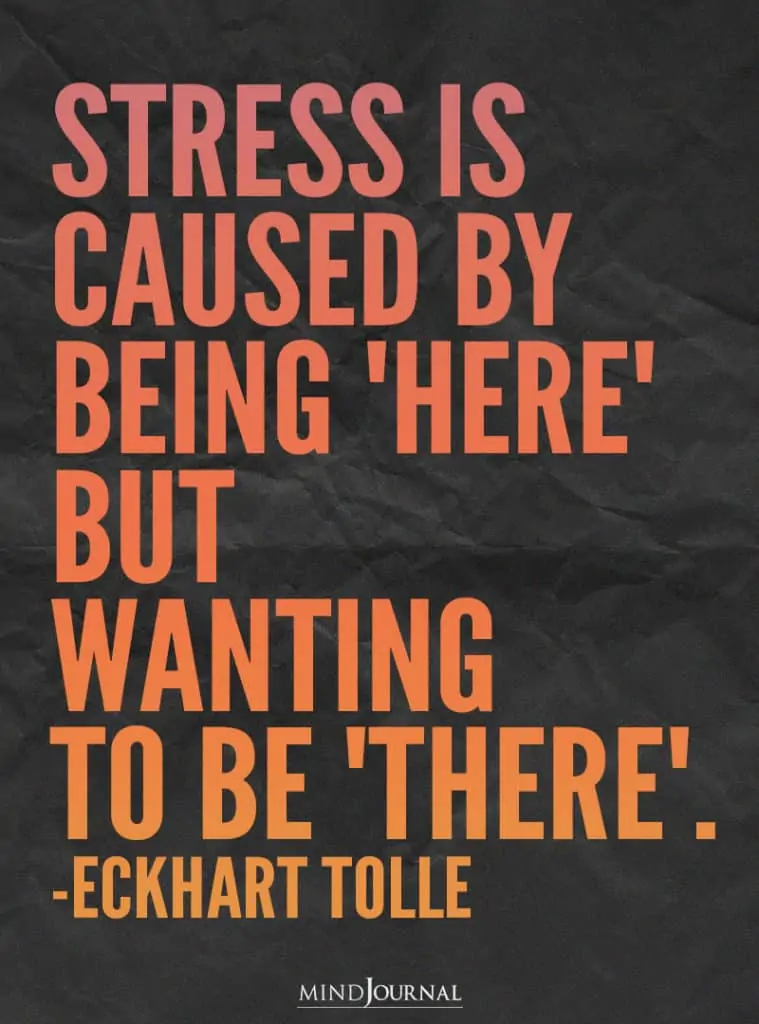
Just like a virus, stress can be contagious. It can be transmitted from person to person, creating a ripple effect throughout social networks, families, and workplaces.
The transmission of stress occurs through various mechanisms, primarily interpersonal interactions, such as verbal and nonverbal cues, emotional contagion, and shared experiences.
When we observe someone experiencing stress, our empathetic nature often causes us to internalize and mirror their emotional state, which can lead to the manifestation of stress within ourselves.
1. Social Networks and Stress
Our social networks play a significant role in shaping our experiences and influencing our stress levels.
Studies have shown that stress spreads within social circles, affecting not only close relationships but also extending to friends, colleagues, and acquaintances.
Talking to a friend who is stressed out can germinate the seeds of anxiety and restlessness in another person. This demonstrates the powerful influence of social connections on our well-being.
2. The Workplace Effect
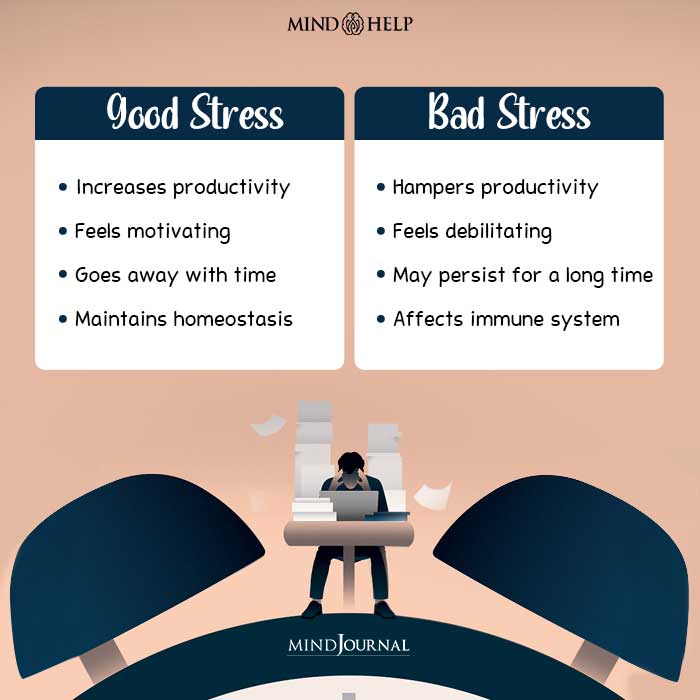
The workplace is a prime breeding ground for contagious stress. High-pressure environments, demanding deadlines, and strained relationships can contribute to a culture of stress that permeates throughout the organization.
When one employee becomes stressed, it can create a domino effect, impacting their colleagues and subordinates. This can lead to decreased productivity, increased absenteeism, and a decline in overall organizational performance.
Read The 12 Stages Of Burnout: From Irritability To Exhaustion
3. Family and Home Life
Stress within the family unit can also spread rapidly. Parents experiencing stress are more likely to pass it on to their children through observed behaviors, heightened emotional responses, and disrupted family dynamics.
This can have long-term consequences on children’s well-being, affecting their academic performance, mental health, and overall development.
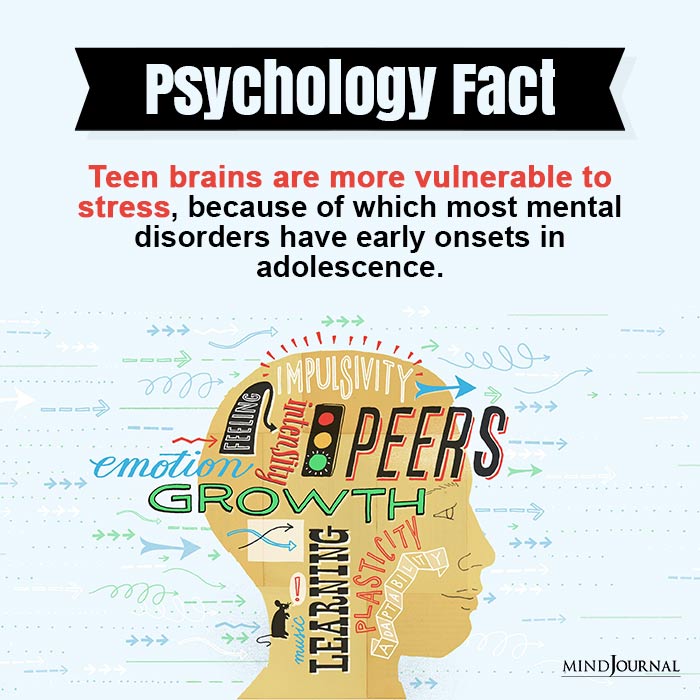
4. Social Media
In today’s digital age, social media platforms have become an integral part of our lives, providing us with a constant stream of information and connections.
However, they can also act as catalysts for the spread of stress. Social media platforms often serve as virtual echo chambers, amplifying and perpetuating stress-inducing content and narratives.
The constant exposure to others’ stress, whether it be through shared stories of personal challenges or the pressure to showcase a perfect life, can evoke feelings of inadequacy and contribute to the spread of stress.
Moreover, the rapid dissemination of news, both real and sensationalized, can trigger collective anxiety and distress within online communities.
It is essential to approach social media mindfully, curate our online experiences, and foster supportive and positive interactions to protect ourselves from the contagious nature of stress in the digital realm.
Mitigating Contagious Stress
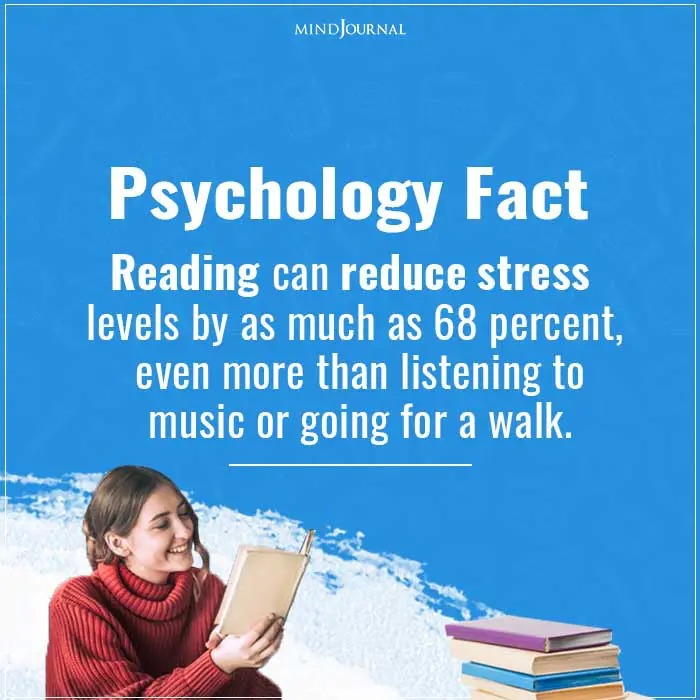
Recognizing the contagious nature of stress is the first step towards combating its negative effects. Here are some strategies to mitigate the spread and impact of contagious stress:
- Self-care: Prioritize self-care practices such as exercise, mindfulness, and adequate sleep to strengthen your resilience and better manage stress.
- Emotional regulation: Develop healthy coping mechanisms to manage stress, such as deep breathing, journaling, or seeking support from friends and loved ones.
- Supportive relationships: Surround yourself with positive and supportive individuals who can provide a buffer against contagious stress.
- Open communication: Foster open and honest communication within your social and professional networks to address and resolve stressors collectively.
- Promote a healthy work environment: Employers should create a work culture that prioritizes employee well-being, offering resources for stress management, promoting work-life balance, and encouraging supportive relationships among colleagues.
- Mindful parenting: Parents should be aware of their own stress levels and strive to create a calm and nurturing environment for their children. Engage in open conversations about stress and teach children healthy coping mechanisms.
Read Musical Medicine: How Listening to Music Can Reduce Stress and Anxiety
Stress can be contagious. It is a powerful force that can permeate our lives and impact those around us. Recognizing the contagious nature of stress allows us to take proactive steps in managing and reducing its spread.
By prioritizing self-care, fostering supportive relationships, and creating healthy environments, we can mitigate the harmful effects of contagious stress and promote overall well-being within ourselves and our communities.
We hope you found this article on secondhand stress insightful and helpful. Please share your thoughts by commenting down below!
Frequently Asked Questions
Are stress and anxiety contagious?
Yes, studies claim we do pick up on others’ stress and anxious behavior and internalize and mirror them.
What is stress contagion?
Just like a virus, stress can be contagious. It can be transmitted from person to person, creating a ripple effect throughout social networks, families, and workplaces.
Are feelings contagious?
Emotional contagion is when emotions and behaviors spread between people. It can happen between individuals or in a group. Emotions can be shared in various ways, whether it’s obvious or not.
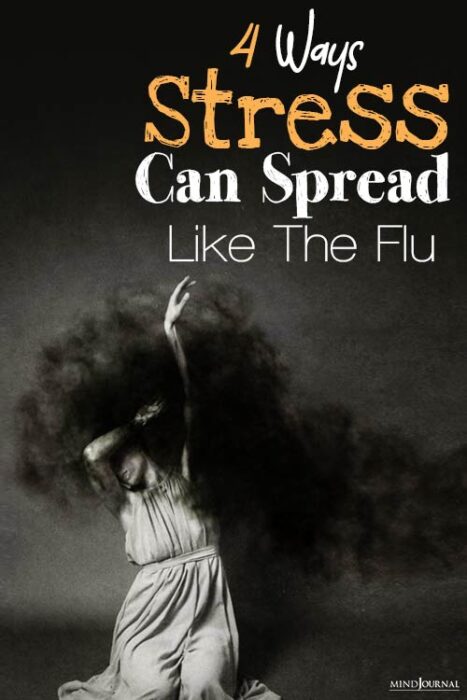
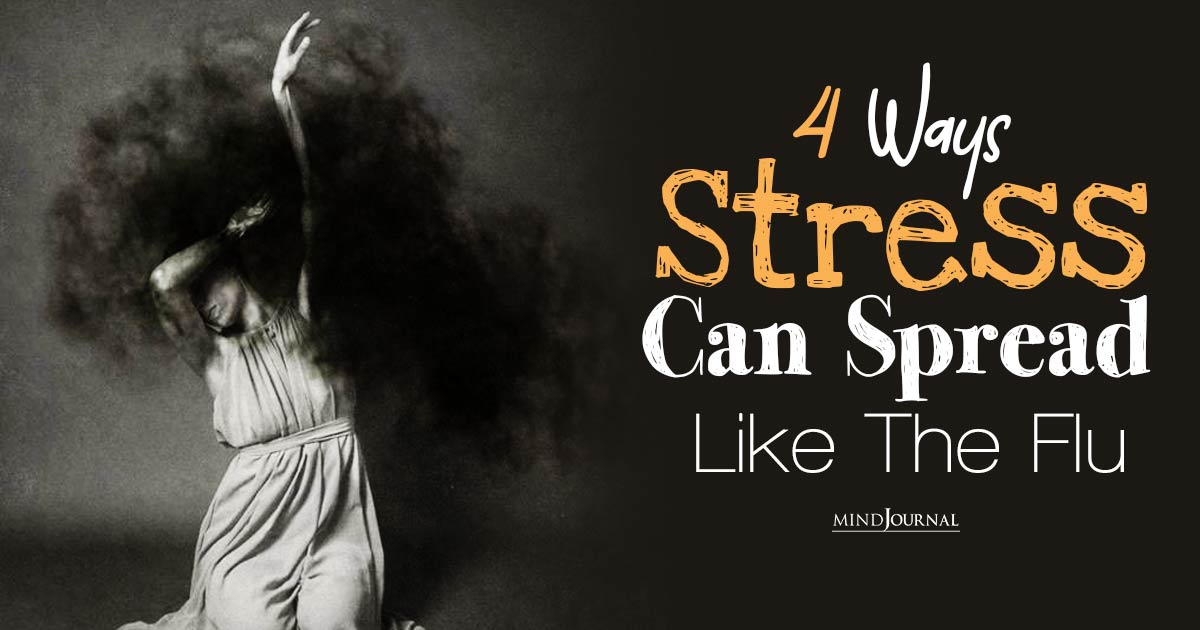



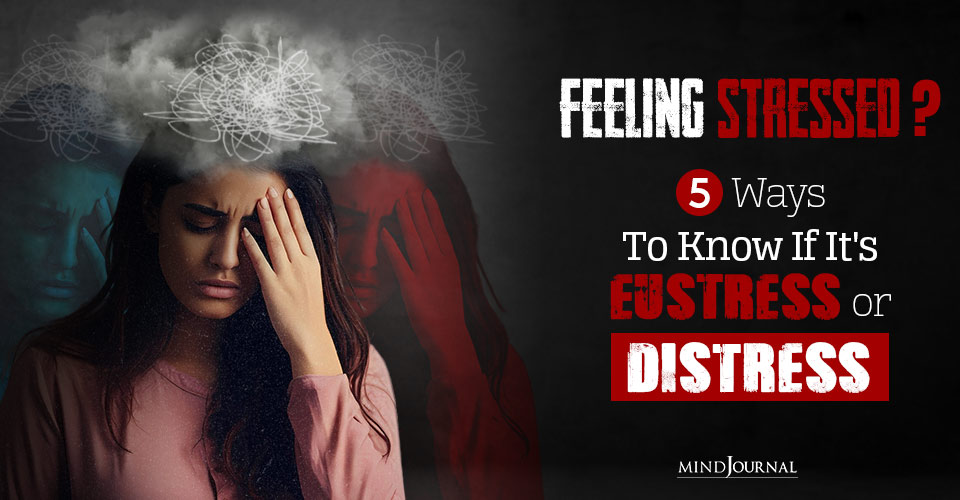
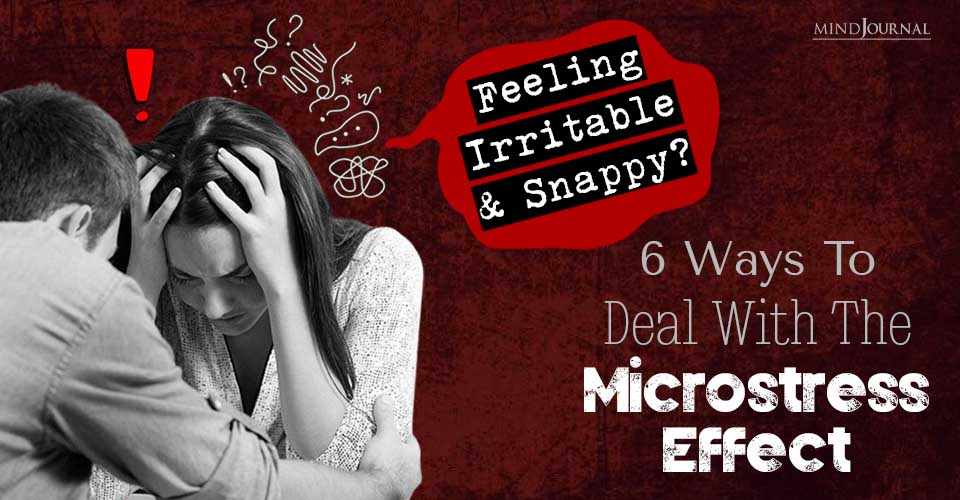


Leave a Reply
You must be logged in to post a comment.